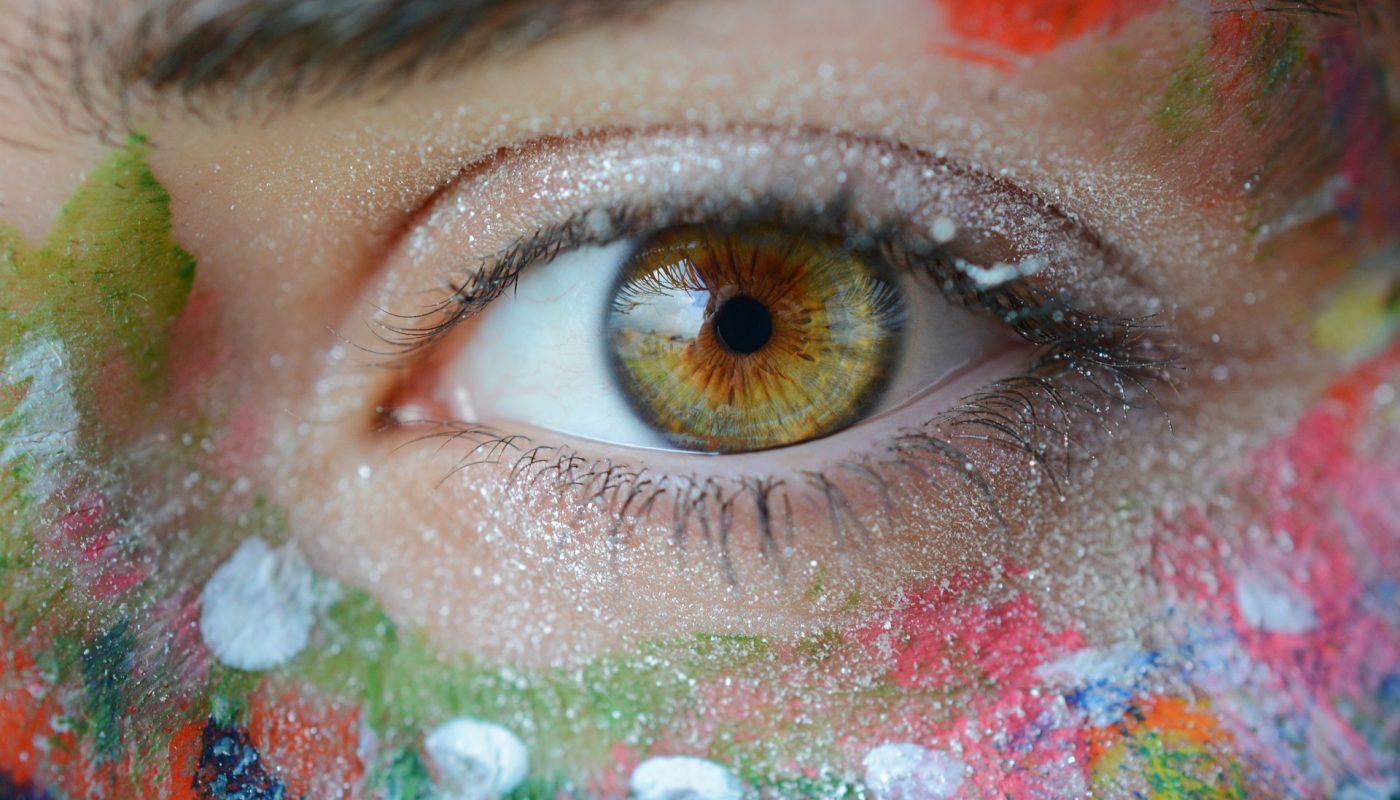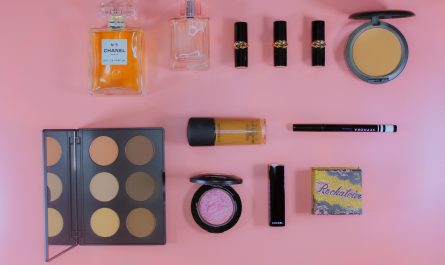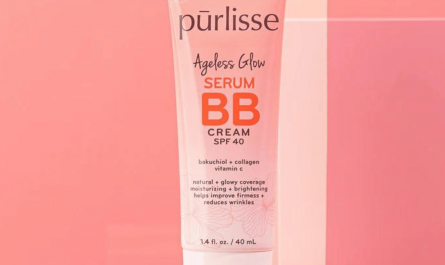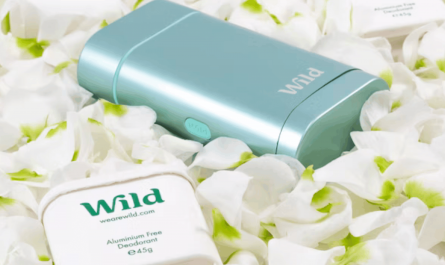Makeup is more than just a cosmetic product; it’s a powerful tool that can help you conceal skin issues and boost your confidence. In this comprehensive guide, we’ll explore how to effectively cover common skin problems such as acne, dark circles, spots, and more using makeup.
Understanding Common Skin Issues
Before diving into makeup techniques, it’s essential to understand the common skin issues you might want to address:
- Acne and Acne Scars: Dealing with breakouts and the aftermath of acne requires specific makeup strategies.
- Dark Circles and Under-Eye Bags: Late nights and stress can result in under-eye concerns that makeup can help disguise.
- Hyperpigmentation and Spots: Uneven skin tone and spots can be concealed with the right makeup techniques.
Prepping Your Skin
Achieving flawless coverage starts with proper skin preparation:
- Cleansing and Moisturizing: Cleanse your face to create a clean canvas, and moisturize to ensure a smooth makeup application.
- Applying Primer: A good primer helps makeup adhere and stay put, especially on problematic areas.
- Choosing the Right Foundation: Finding the correct shade and formula is crucial for achieving a natural look.
Concealing Acne and Acne Scars
- Color Correction Techniques: Learn how to neutralize redness and discoloration using color correctors.
- Applying Concealer and Foundation: Step-by-step instructions for covering acne and scars without caking on makeup.
- Setting Makeup for Long-Lasting Coverage: Setting techniques to ensure your makeup lasts throughout the day.
Hiding Dark Circles and Under-Eye Bags
- Using Color Correctors: Tips on using color correctors to counteract dark circles.
- Applying Concealer for a Natural Look: Techniques for applying concealer to brighten the under-eye area.
- Setting and Brightening Under-Eye Makeup: Ensuring your under-eye makeup looks fresh and awake.
Addressing Hyperpigmentation and Spots
- Color-Correcting Products: Choosing the right color-correcting products for your specific skin issues.
- Layering Techniques for Even Skin Tone: How to layer makeup to achieve even and natural-looking skin.
- Setting Makeup and Finishing Touches: Setting spray and powder to lock in your flawless coverage.
Makeup Tips for Sensitive Skin
- Choosing Hypoallergenic Products: Recommendations for makeup products suitable for sensitive skin.
- Makeup Removal and Skin Care Routine: The importance of gentle makeup removal and skincare after wearing makeup.
Confidence and Makeup
- The Psychological Impact of Makeup: How makeup can enhance self-confidence and self-esteem.
- Embracing Your Natural Beauty: Makeup is a tool, but your natural beauty is something to celebrate.
Conclusion
In conclusion, makeup is a versatile tool that can help you address various skin issues and boost your confidence. By understanding your skin concerns, prepping your skin correctly, and applying makeup strategically, you can achieve flawless coverage and feel more self-assured in any situation.
Frequently Asked Questions
- Can makeup worsen acne or skin issues? Makeup itself doesn’t cause acne, but using non-comedogenic and hypoallergenic products and proper removal can minimize the risk of breakouts.
- Is it essential to use a primer before applying makeup? While not mandatory, a good primer can create a smoother surface for makeup, help it adhere better, and make it last longer.
- What’s the best way to choose the right foundation shade? Testing foundation shades on your jawline or wrist is a common method. However, it’s best to test on your face as lighting can vary.
- How can I make my makeup look natural and not cakey? Avoid using too much product, blend thoroughly, and set makeup with a light touch. Less is often more for achieving a natural look.
- Can makeup really boost confidence, or is it just a temporary fix? Makeup can boost confidence by enhancing your appearance, but it’s essential to also work on building inner confidence for long-term self-esteem.




